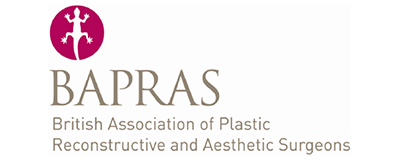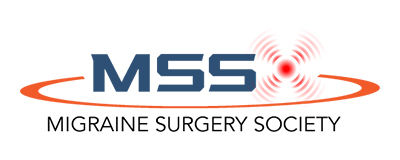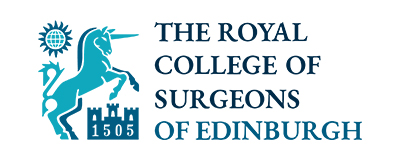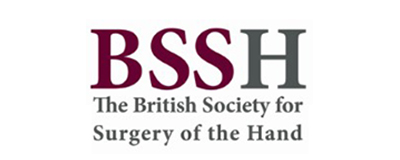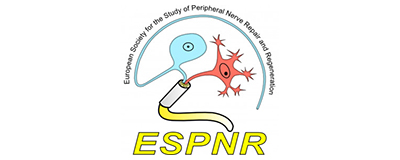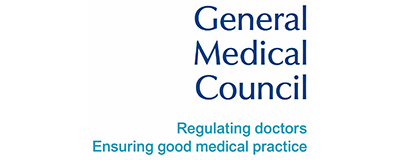What are nerves?
Nerves are wire-like structures found throughout our body. Their main function is connecting parts of our body with the spinal cord and brain, by transmitting very small electric impulses. This allows us to feel and move parts of our body. The nerves also transmit pain impulses as a warning of an impending danger to the tissues and organs. The nerves are very fragile and are easily damaged. When a nerve is injured, it loses its ability to transmit electric signals and the affected area becomes paralysed with a loss of feeling and muscle power.
Following are examples of common nerve injuries and their mechanisms:
- Nerve laceration (cut)
Glass cut in the forearm and hand (injured nerves are median, ulnar, radial nerves and nerves in fingers)
- Nerve injury caused by a bone fracture
Radial nerve injury after fracture of humerus (the long bone of the upper arm) resulting in the wrist drop and inability to straighten fingers
- Nerve tear caused by a joint dislocation
Dislocation of the knee with a damage of the nerve responsible for lifting up the foot (foot drop after peroneal nerve injury) or dislocation of the shoulder with damage of the nerve responsible for lifting up the arm (axillary nerve)
- Nerve damage during surgical procedure for another problem
Nerve damage after knee surgery (saphenous nerve) or ankle surgery (peroneal or tibial nerve)
- Stretching of the nerve
A fall from a motorbike on a shoulder where the shoulder and head are pushed in opposite direction, causing tear of nerves in the base of the neck (brachial plexus injuries)
- Electrical injury
Injury to the nerve supplying hand after a contact with a source of electric current
- Amputation
Pain in the stump after an amputation (amputation of a finger, hand or a major amputation in upper and lower limb). Read more about residual limb pain here.
How do I know that I have a nerve injury?
There are several signs of nerve injuries to look for:
Pain
Nerve injuries are often associated with a severe, unrelenting pain, which is often spontaneous (present without any stimulation).
This type of pain is called neuropathic pain and is of a specific nature, typically described as:
- shooting
- burning
- stabbing
- electric shock-like pain.
Also common is a pain brought on by normally non-painful stimulus, such as cold (cold intolerance pain) or a gentle touch or pressure on the skin (allodynia). Patients can sometimes localise the site of the nerve damage and identify a well-defined point where a touch brings on the pain. The severity of pain may be such that it disturbs sleep, prevents doing daily activities and causes low mood and depression.
Loss or reduction in feeling
When the nerve is damaged, the specific area on the skin, which the injured nerve connects with the brain, feels numb or the sensation is reduced. The quality of the sensation is also altered, described as tingling, numbness, or a “pins and needles” feeling.
Total or partial paralysis of muscles
When the nerve is damaged, the brain cannot control the muscles supplied by the nerve and a complete or partial paralysis ensues with inability to move the affected parts of the body.
How are nerve injuries diagnosed?
The diagnosis is established by a combination of:
- history of the injury
- physical examination
- special investigations (nerve conduction studies, electromyography, ultrasound and MRI imaging)
During the consultation we firstly obtain circumstances of the onset of the problem, mechanism of injury and any past and current treatments. Particular attention is paid to identify presence of the neuropathic pain. Special questionnaires may be used to determine the nature of the pain and quantify its intensity.
This will be followed by a comprehensive physical examination of sensation and movement leading towards localisation of the nerve injury.
Finally, nerve injuries often require neurophysiological tests (electromyography and nerve conduction studies). These can measure the ability of the nerve to transmit electrical impulses. To further define the injury, a specialised imaging of the nerves by ultrasound or magnetic resonance imaging (MRI) may need to be carried out.
In cases where the localisation of the nerve damage is particularly challenging, we may use local anaesthetic blocks. These are targeted injection of local anaesthetic, often done under ultrasound control, that aim to numb the damaged nerve and assess the degree of pain reduction after injection.
How are nerve injuries treated?
After the diagnosis has been established by collating results of the multidisciplinary examinations and investigations, a bespoke treatment plan will be formulated. In general, the treatment depends on the severity of nerve injury, the location of it and the time that passed since the injury.
In cases where the nerve has not been completely divided and the severity of the damage is low, treatment may be non-surgical, consisting of:
- physiotherapy
- splinting
- pain control
In cases where the nerve has been completely divided or the severity of the damage is high, surgery will be required. Surgery will also be required in the injuries which were initially treated conservatively but failed to recover.
During the surgery the damaged nerve will be explored and the extent of the damage will be confirmed. Depending on the findings during the exploration one of the following approaches will be used:
- direct nerve repair – divided nerve ends will be brought together and reconnected by microsurgery
- nerve graft – in injuries where a segment of the nerve has been damaged beyond repair, this segment will have to be removed and the nerve will have to be rebuilt. The gap created will be bridged by a nerve graft – an expendable nerve which is taken from another part of the body and microsurgically inserted into the gap
- nerve allograft – in situations where bridging a nerve defect is required we may use a nerve allograft, which is a piece of nerve donated from a deceased person that has been cleaned to the degree that only universal scaffold of the nerve remains
- nerve transfer – repair of the damaged nerve by connecting it to another healthy nerve that is in the vicinity of the injury zone. This is done in an effort to expedite the return of the nerve function, although it will cause a permanent paralysis of the muscle which was originally innervated by the donor nerve
After the surgery there will be continuation of the pain treatment and bespoke specialist physiotherapy regime combined with splinting.
It is imperative that nerve injuries are diagnosed and appropriately treated as a matter of urgency. Delayed treatment will worsen the outcomes and may lead to chronic pain with permanent paralysis of the sensation and movement.
What are the outcomes of the nerve injury treatment?
Nerves are notoriously slow to heal. It the mildest grade of nerve injury, where the nerve is fully in continuity, the function is likely to return within 3 or 4 months. In injuries where the nerve was completely divided, the return of function is unlikely to achieve pre-injury state and it may take up to two years to see the final outcome. The pain associated with the nerve injuries should get cured or significantly reduced by the treatment but may persist as a chronic condition which may require further treatment with medications or surgery.
Discussion with Mr Tomas Madura is important to answer any questions that you may have. Please contact us for more information about any specific conditions not featured on the website.


